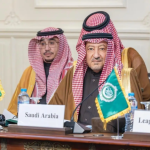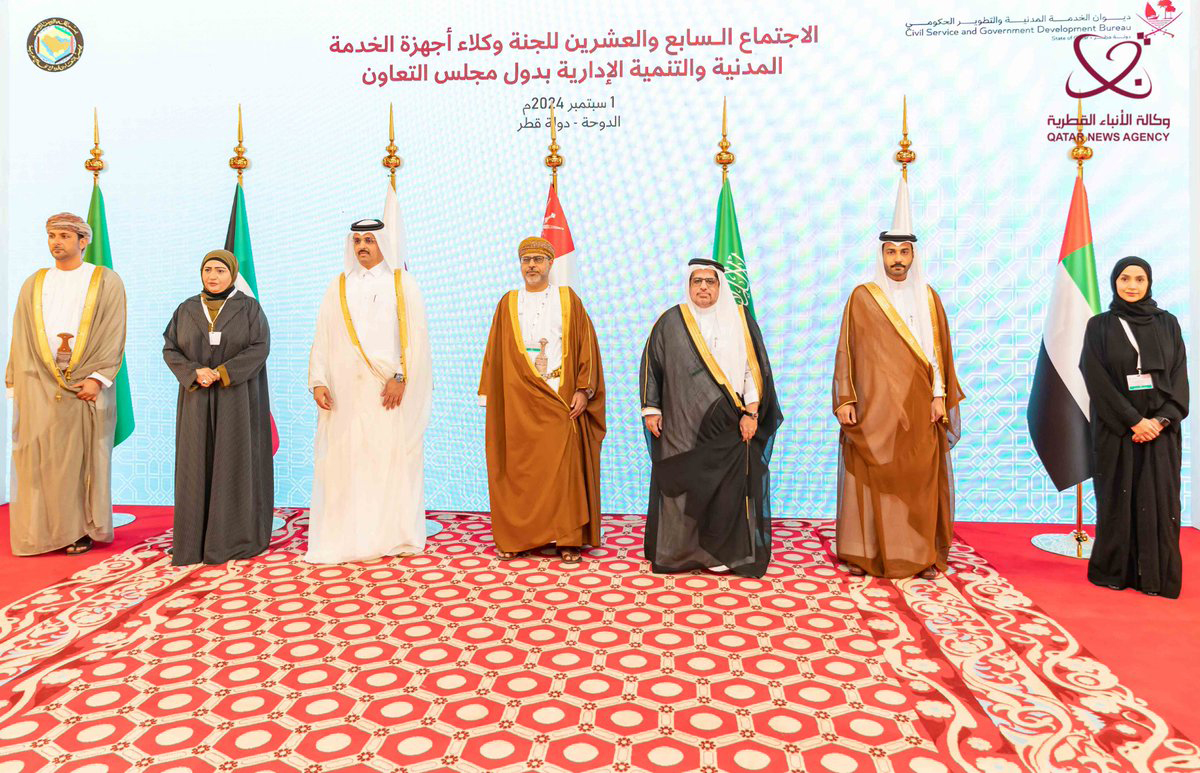Doha, Qatar, recently hosted the 27th meeting of the Committee of Undersecretaries of Civil Service and Administrative Development bodies in the Gulf Cooperation Council (GCC) countries. The meeting, which was held in preparation for the 20th meeting of the committee of civil service ministers in the GCC countries, was chaired by Saif bin Ali Al Kaabi, the Acting Director General of the Civil Service and Government Development Bureau. The meeting was attended by undersecretaries of civil service and administrative development bodies in the GCC countries, as well as HE Assistant Secretary-General for Economic and Development Affairs at the GCC General Secretariat, Khalid bin Ali Al Sunaidi.
During the meeting, various topics related to joint cooperation in the fields of civil service were discussed. These included the progress of the GCC strategy in the field of civil service and human resources development (2021-2025), which was approved in the forty-first session of the Supreme Council. Additionally, the meeting focused on the initiative of joint training programs and workshops between the GCC countries, with a goal of investing in human capital. The mechanism for implementing the practical training project and the exchange of experts was also reviewed, along with a program prepared to honor competencies in the civil service sectors of the GCC countries for the year 2024.
The meeting concluded with a number of recommendations that will be presented at the next meeting of the committee of ministers and heads of civil service and human resources bodies in the GCC countries. This meeting is scheduled to be held on Tuesday in Doha. The discussions and outcomes of the meeting highlight the commitment of the GCC countries to strengthen cooperation in the field of civil service and human resources development.
The importance of investing in human capital was a key theme throughout the meeting, with a focus on enhancing joint training programs and workshops between the GCC countries. By working together to develop the skills and competencies of their civil service sectors, the GCC countries are striving to build a more effective and efficient public administration system. This not only benefits the individual countries but also contributes to the overall development and prosperity of the GCC as a whole.
The meeting also emphasized the significance of the GCC strategy in the field of civil service and human resources development (2021-2025), which serves as a roadmap for guiding the efforts of the member countries in this area. By aligning their strategies and initiatives, the GCC countries can work towards common goals and objectives, ensuring a cohesive and coordinated approach to civil service and administrative development. The exchange of experts and the implementation of practical training projects further enhance the collaboration between the member countries, encouraging best practices and knowledge sharing.
Overall, the 27th meeting of the Committee of Undersecretaries of Civil Service and Administrative Development bodies in the GCC countries was a productive and collaborative gathering. With a focus on joint cooperation and investment in human capital, the meeting laid the groundwork for future initiatives and programs aimed at strengthening the civil service sectors of the GCC countries. The recommendations and outcomes of the meeting will be presented at the upcoming meeting of ministers and heads of civil service and human resources bodies, underscoring the commitment of the GCC countries to working together towards a common vision of development and progress.










